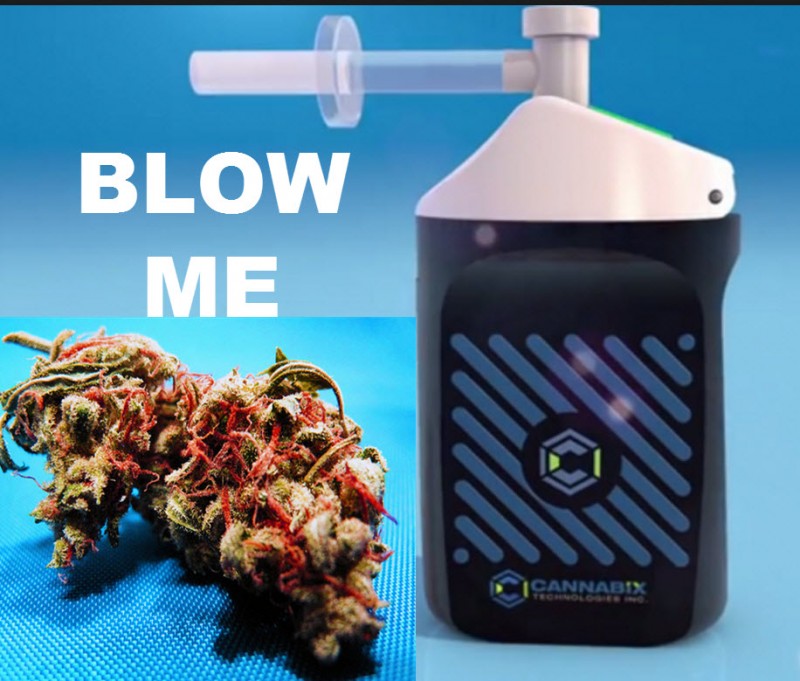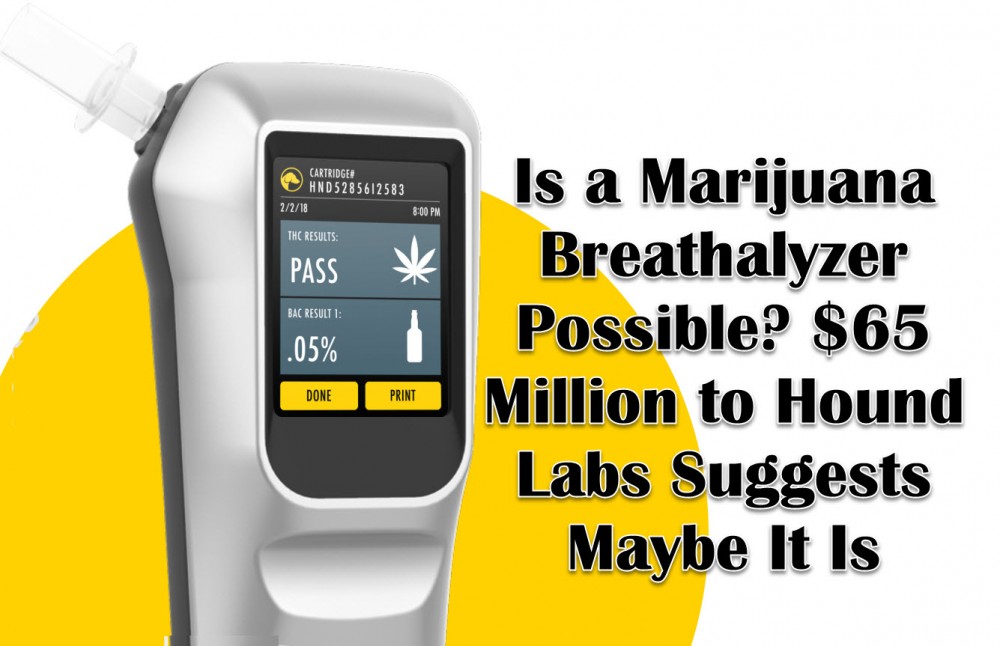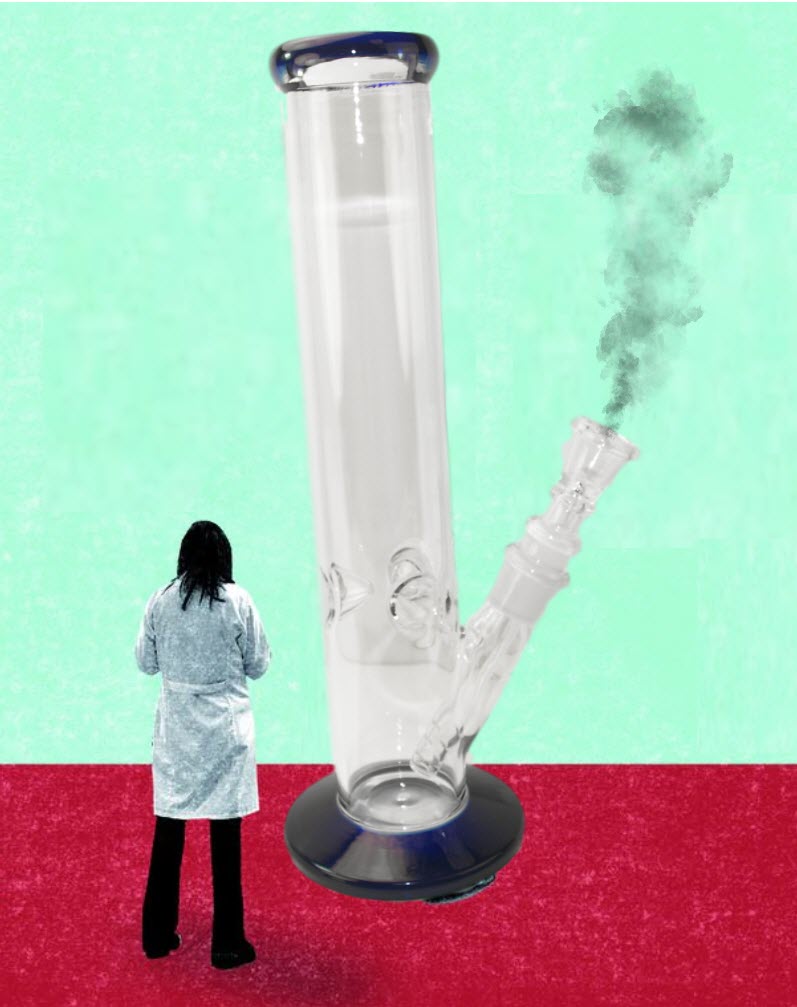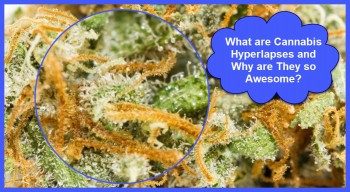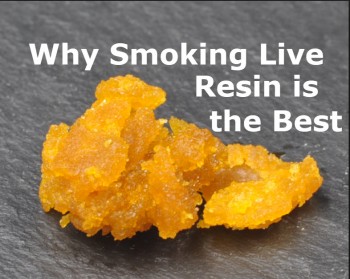New “Potalyzer” Can Tell If You’re Driving Stoned
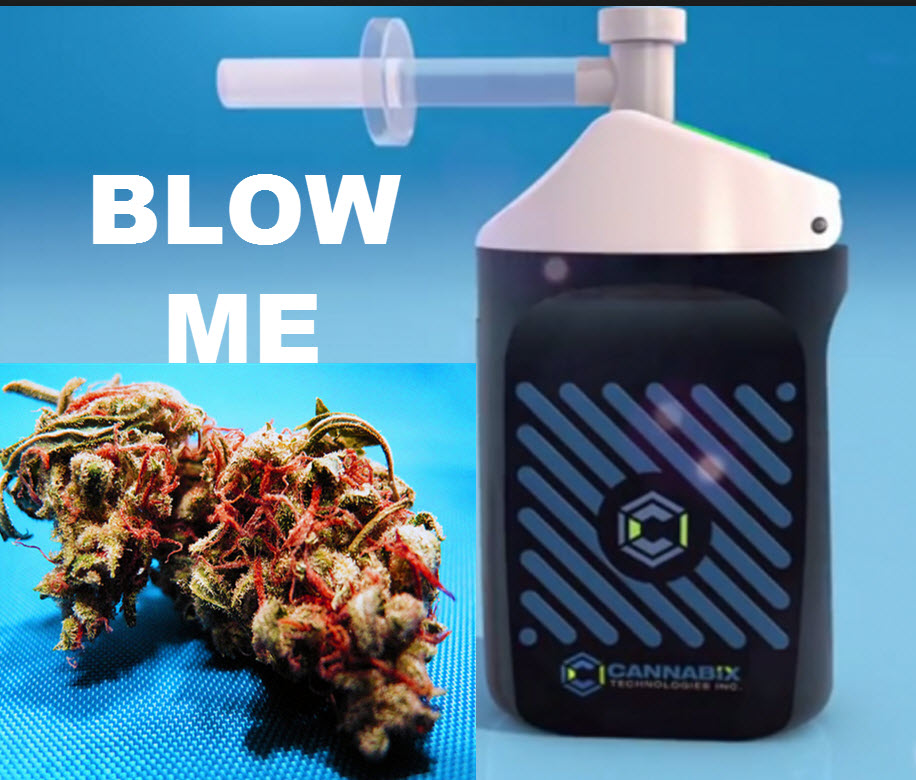
Using magnetic nanotechnology that was previously used to detect cancer, scientists have now discovered a potential for discovering how stoned drivers are.
We’ve gone over this many times - the truth is that marijuana is not harmful and has no side effects. BUT this doesn’t mean that you should drive while under the influence. That will easily become the only time that it could hurt you (though technically pot didn’t hurt you but your stupid decision did).
This fall, as states will vote on marijuana legalization, this highlighted the need of the police force to use more effective tools to help them uphold the law. Specifically, this means having access to tools that will help them immediately determine if people are driving while under the influence of marijuana.
According to a release by Stanford, the cops are testing out various tools although there is a serious dearth of choices on the market that can precisely provide information on how baked a driver is as effectively as a breathalyzer for booze. But researchers at Stanford have come up with a modern solution using magnetic nanotechnology which was previously used to detect cancer as a potential solution to this problem. The Stanford device may work well as a “potalyzer” because it has been shown to effectively detect THC in an individual’s saliva and also gauge its concentration.
Led by Shan Wang, a university professor, the team was able to develop a mobile device that utilizes magnetic biosensors to identify THC molecules in human saliva. This means that police officers could use a cotton swab to collect spit samples from a driver and have the results delivered to their laptop or smartphone in just 3 minutes.
The release by Stanford also states that researchers who are currently analyzing the “potalyzer” situation have focused on saliva testing since it’s a less invasive method. Additionally, the amount of THC in saliva can explain impairment much more easily as compared to THC in blood or urine. The device can detect miniscule concentrations of THC - even as little as 0-50 nanograms per mililiter of saliva. However what remains unclear is a consensus on the amount of THC is actually considered as dangerous for driving.
Wang’s group was able to successfully achieve such precise results because the maximized how magnetism in nanoparticles work. The Wang Group has already been studying the potential of magnetic nanotechnology for many years now. They have even been able to use it to diagnose in vitro cancer, although the technology appears to have much more of a potential rather than just using it to detect THC. This is because the GMR biosensors are capable of detecting small molecules in other drugs, such as heroin, cocaine, and morphine. And since the device has 80 sensors, the GMR biosensor chip can be used to effectively test for several substances at the same time. In fact the team has already been able to test morphine successfully.
Pot > Alcohol When It Comes To Driving, But Don’t Try This At Home!
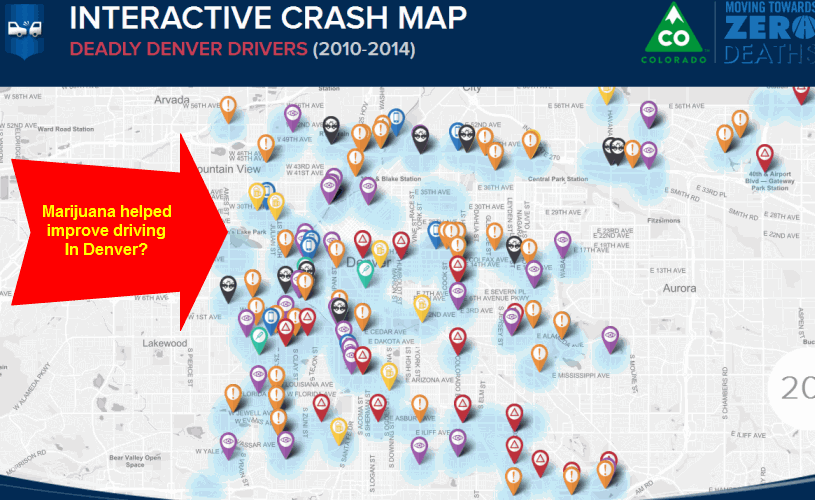
Norml.org (National Organization for the Reform of Marijuana Laws) conducted studies about the effect of marijuana on driving accidents. The study says, and I think we can all agree, that cannabis intoxication (getting baked) can affect your psychomotor skills even at low levels. Driving simulator tests show that drivers display their impairment by slowing down their speed, or taking a longer time to respond during emergencies. However, these aren’t significant when it comes to on-road accidents. (... but with the upcoming elections, I’m hopeful that this will pave the way for more research into the topic as well as all others related to cannabis!)
As a final note on the topic, Norml.org says: “In conclusion, marijuana impairs driving behavior. However, this impairment is mitigated in that subjects under marijuana treatment appear to perceive that they are indeed impaired. Where they can compensate, they do, for example by not overtaking, by slowing down and by focusing their attention when they know a response will be required. … Effects on driving behavior are present up to an hour after smoking but do not continue for extended periods.
With respect to comparisons between alcohol and marijuana effects, these substances tend to differ in their effects. In contrast to the compensatory behavior exhibited by subjects under marijuana treatment, subjects who have received alcohol tend to drive in a more risky manner. Both substances impair performance; however, the more cautious behavior of subjects who have received marijuana decreases the impact of the drug on performance, whereas the opposite holds true for alcohol.”
What are your thoughts on the potalyzer, legalization, and intoxicated driving? Share your thoughts with us in the comments below.
OTHER ARTICLES YOU MAY ENJOY...
WEED BREATHALYZER TESTS ARE HERE, CLICK HERE.
OR..
BEST PLACES TO HIDE WEED IN YOUR CAR, FIND OUT HERE...
OR...

DO YOU NEED A MARIJUANA DELIVERY SERVICE..CLICK HERE..

